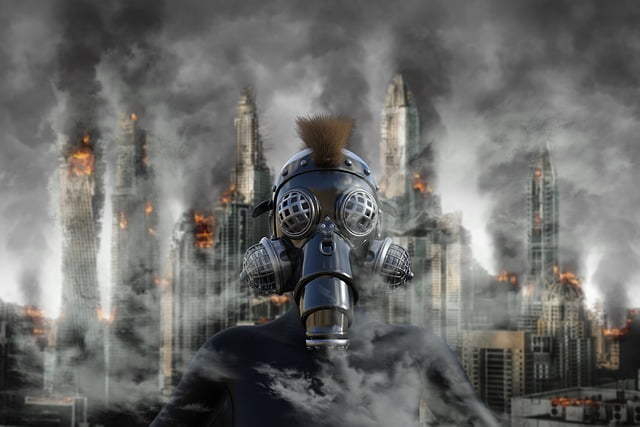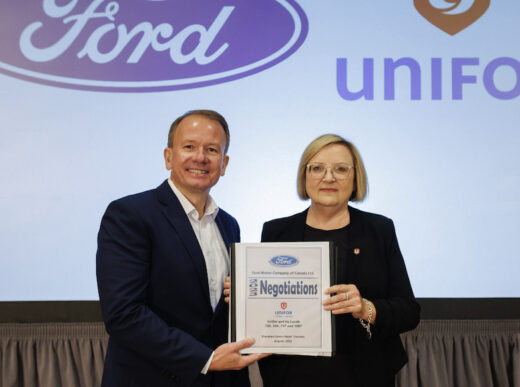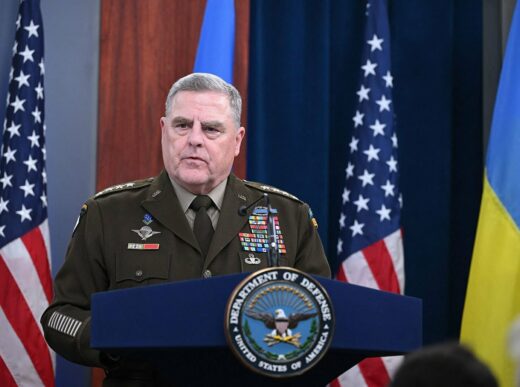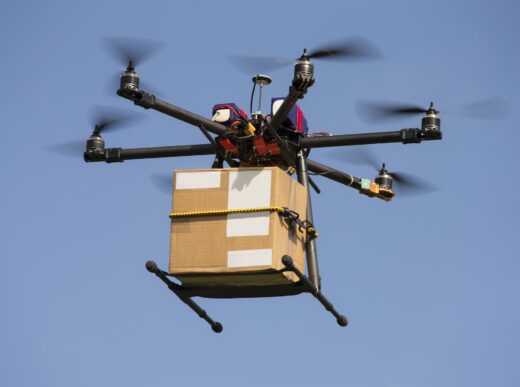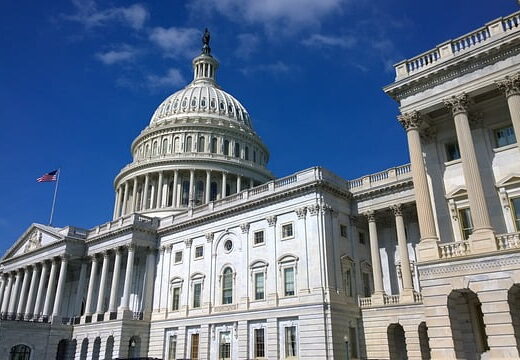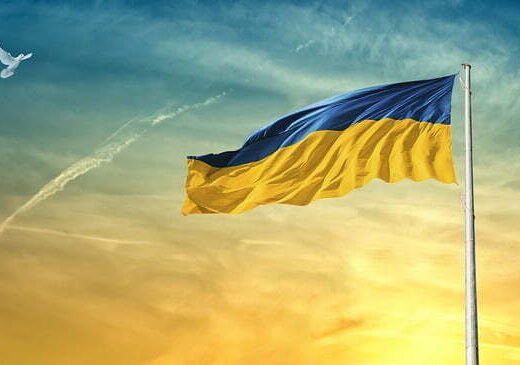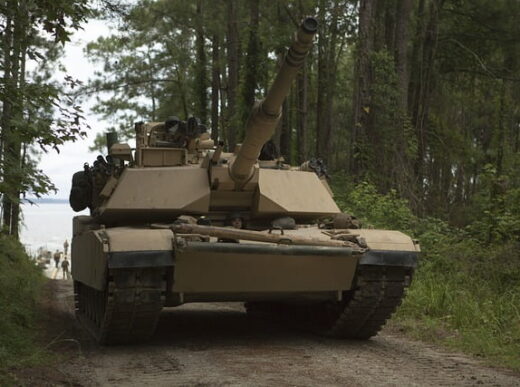In light of these developments, it is important for Western nations to carefully consider their actions and words toward Russia. The rhetoric of strategic defeat and disintegration is unlikely to lead to positive outcomes for either side. Instead, there is a need for dialogue and diplomacy to find a path forward that addresses the legitimate concerns of both Russia and the West.

As a member of the international community, Russia has a right to protect its interests and to be treated with respect. However, this does not mean that the West should tolerate aggressive actions or violations of international law. It is a delicate balance, but one that must be found in order to prevent the situation from escalating further.
In this context, it is also important to consider the role of the Russian lobby in the US. As I have previously noted, the Russian lobby is reshaping itself in response to changing circumstances. It will continue to promote Russian interests, but it will do so in a more covert and indirect manner.
This highlights the need for Western nations to be vigilant in their dealings with the Russian lobby, and to be aware of the potential for manipulation and influence. However, it also highlights the importance of engaging in dialogue and building relationships with those who hold different views and perspectives.

At a time when tensions between Russia and the West are high, it is more important than ever to seek common ground and work towards a peaceful and constructive relationship. This will require leadership and diplomacy on both sides, as well as a willingness to listen and understand each other’s concerns.
In conclusion, the situation in Russia is complex and challenging, but it is important for the international community to approach it with a level head and a commitment to dialogue and diplomacy. The Russian lobby will continue to play a role in shaping perceptions and influencing decision-making, but it is up to Western nations to be vigilant and to seek common ground with Russia. Ultimately, the goal must be to find a path forward that protects the legitimate interests of all parties and avoids the worst-case scenarios of conflict and escalation.
The situation in Russia is alarming, and it’s time for the West to act even more strongly than before. The Kremlin’s aggression cannot go unchecked, and the West must unite under the NATO banner to take decisive action against Russia’s belligerent behavior.

It is clear that Putin’s regime is illegitimate because they are not protecting their own interests but are instead scapegoating the West for their problems. Putin is using the West as a convenient target to distract from his own failures and to rally his base around a common enemy. It’s a tactic that has worked before, but the stakes are much higher now.
Putin’s recent speech shows that he is doubling down on his aggressive stance towards the West. He is making it clear that Russia is under assault from the West and that the only way to protect itself is through military action. This is a dangerous path, and the West must respond with equal force.
NATO must step up and show its solidarity in the face of this threat. The alliance must present a united front against Russian aggression and take the necessary steps to protect its member states. This means increasing military spending and readiness, deploying troops to the region, and implementing economic sanctions that will hurt the Russian economy.

The West must also support the people of Russia in their struggle against Putin’s regime. The people of Russia are not the enemy, and they deserve to live in a free and democratic society. The West must provide moral support to those who are fighting for their rights and work to strengthen civil society in Russia.
In conclusion, the West must act with urgency and determination to counter Russian aggression. The stakes are high, and the consequences of inaction are too great. We cannot allow Putin to continue on this dangerous path unchecked. It is time for the West to unite under the NATO banner and take decisive action to protect our values, our interests, and our way of life.
